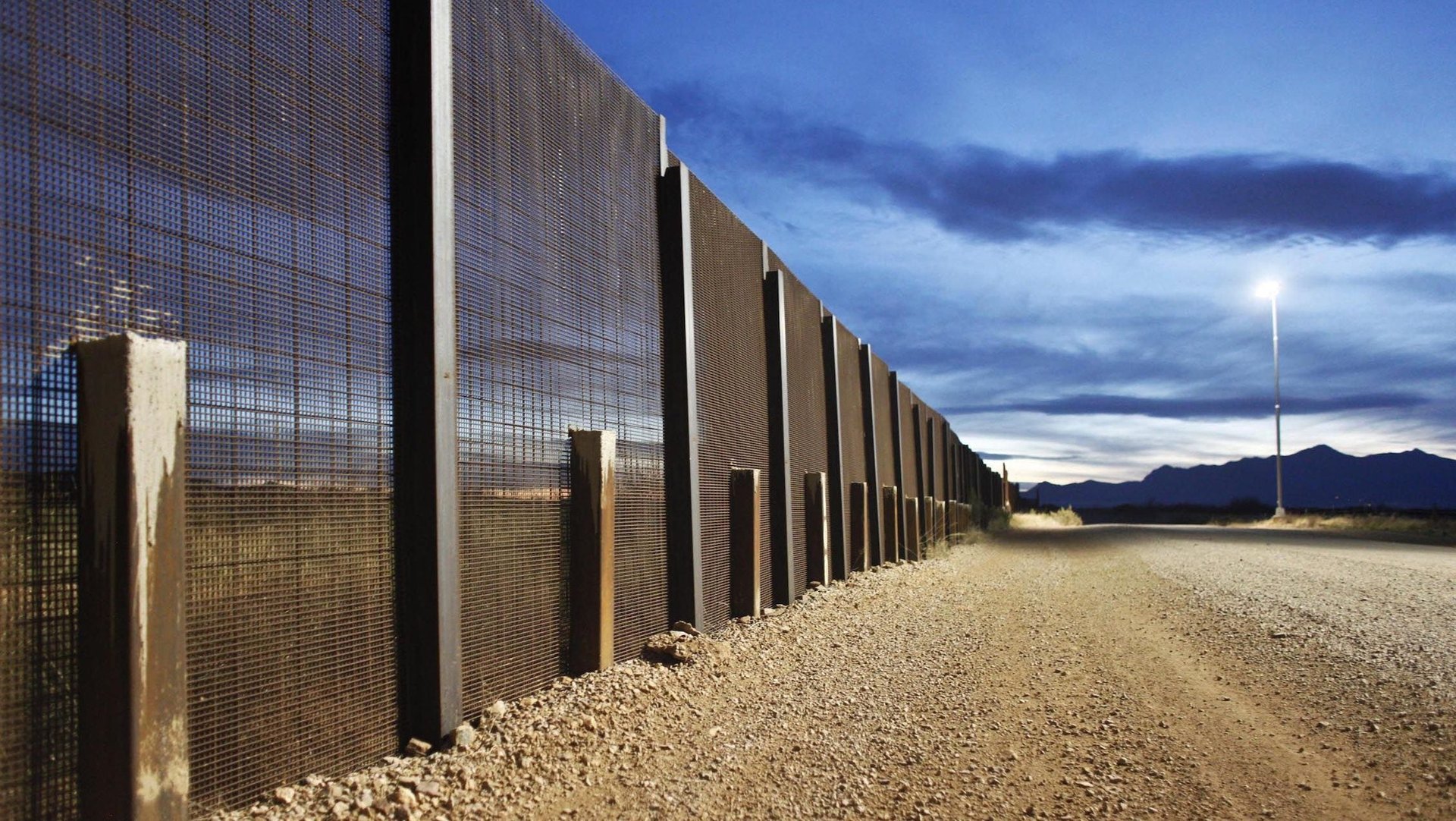The US “startup visa” is being officially delayed—possibly forever
Update (July 10): This story has been updated to reflect that the Trump administration has officially delayed the startup visa.


Update (July 10): This story has been updated to reflect that the Trump administration has officially delayed the startup visa.
The future does not look bright for the so-called startup visa. In normal times, the immigration measure would be a win for both political parties. Republicans would claim the mantle of job creators. Democrats would notch a victory for welcoming the best and brightest to the US.
These are not normal times.
The measure, which was scheduled to go into effect July 17 after approval by the Department of Homeland Security at the end of US president Barack Obama’s term, was officially delayed until March 2018 by the US Department of Homeland Security on Monday (July 10.) The purpose of the delay, according to a spokesman for US Citizenship and Immigration Services, is to make sure the policy is consistent with president Donald Trump’s executive order calling for increased immigration enforcement.
The International Entrepreneur Rule may meet the same fate as most of former President Obama’s immigration policies. “Like most things immigration with this administration, this baby is dead on arrival,” said Reaz Jafri, partner and head of immigration law at Withers Bergman, who reviewed the latest findings at the American Immigration Lawyers Association conference this June. “I have no reason to be optimistic based on what I’m hearing… The debate is being framed in terms of all immigration. The startup visa rule is not being famed as pro-investor, pro-capitalism.”
It didn’t have to be this way. Silicon Valley, along with a bi-partisan group of US senators, has lobbied hard for years to give foreigners a way to launch companies in the US, just as countries like France and Canada do. Stymied by Republicans in Congress blocking immigration policy, Obama created the International Entrepreneur Rule allowing foreign entrepreneurs to enter the US for up to five years to start and build companies.
The rules are strict. Applicants must hold at least a 15% stake in a company, play an operational role in their organization, and secure at least $100,000 in government grants or $345,000 from credible US investors. (Partial fulfillment of those criteria could be sufficient with evidence of a company’s growth potential.) It recommends three-year extensions to those creating at least 10 full-time jobs and earning $500,000 in revenue.
Customs and Border Protection (CBP) officials use their existing authority to grant applicants “parole,” a temporary approval that allows people to enter the country based on “significant public benefit” grounds, a rationale applied for everything from visiting dignitaries to court witnesses. The DHS estimated 2,940 entrepreneurs (pdf; p. 130) would qualify each year.
Publicly, the Trump administration and some Republicans expressed hostility to the rule over its processes rather than its intended outcome. Iowa Republican Senator Chuck Grassley condemned the measure last year, arguing it was a way for Obama to “circumvent constitutional checks and balances by abusing its limited immigration parole authority…[and] effectively create a new visa program without congressional approval.” That’s untrue, countered Jafri, who said the measure falls squarely within the established executive authority while giving broad discretion to DHS border agents for a final decision on who is admitted to the US on the temporary visa.
There’s a slim chance the policy could survive, suggests Kristie De Peña, a senior immigration lawyer at the libertarian Niskanen Center in Washington, DC. Organized opposition to the rule is thin outside of anti-immigration think tanks and a few Congressional representatives. Of more than 20 organizations that submitted public comments in the Federal Register, only one noted major reservations and it argued that the rule should be more expansive. Opposition among individuals tended to portray the rule as bad for Americans or that the new entrepreneurs wouldn’t create new jobs.
When it comes to startups, the evidence suggests that’s not true. People born outside the US have founded more than half of America’s private startups valued at $1 billion dollars or more, according to a 2016 report by the National Foundation for American Policy (pdf), a non-partisan think tank, employing tens of thousands of US citizens. If firms with immigrants in key management or product roles are included as well, the share grows to 70% of these so-called unicorns.
Already, the US has lost its luster for some foreign startup founders. Several are publicly decamping for more welcoming countries.
Sharoon Thomas, who moved his cloud software operation from India to Silicon Valley in October 2015, relocated his company to Toronto in June. “Even before Trump was elected, the US (immigration) did not have provisions for startup entrepreneurs,” the founder of Fulfil told The Toronto Star. “After Trump, I felt I made a wise decision to apply to Canada. Entrepreneurs already have to deal with a lot of uncertainty. The last thing we need is have our immigrant status questioned.”